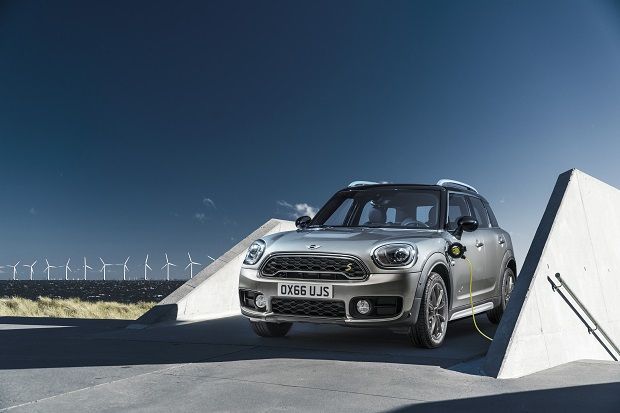MINI EV To Launch In 2019; Next-Gen BMWs To Offer More EV Variants
所有资讯A fully-electric version of the MINI 3 Door hatchback will be going into production in 2019 to be sold alongside existing petrol, diesel, and PHEV variants. This announcement comes as the BMW Group further confirms that its next generation models will be optimized for fully-electric variants.
Despite concerns of rising costs due to Brexit, the MINI EV will continue to be built at the current MINI plant in Oxford, UK, although the vehicle’s electric drivetrain module will be sourced from BMW’s German plants in Dingolfing and Landshut.
Oliver Zipse, BMW AG Management Board member for Production said, “BMW Group Plants Dingolfing and Landshut play a leading role within our global production network as the company’s global competence centre for electric mobility.”

“Our adaptable production system is innovative and able to react rapidly to changing customer demand. If required, we can increase production of electric drivetrain motor components quickly and efficiently, in line with market developments,” he continued.
The Dingolfing and Landshut plants have been producing electrified drivetrain components for BMW vehicles since 2013, although electrified BMW vehicles such as the 330e and 740Le plug-in hybrid models are produced at ten plants worldwide.
Globally, the BMW Group offers a total of nine models with electrified drivetrains to various degrees. In Malaysia, the company boasts a strong line-up of PHEV models that consist of the 330e, 740Le, X5 xDrive40e, and i8. In total, the BMW Group is aiming to sell a total of 100,000 electrified vehicles worldwide in 2017.
More electrified models are planned to join the MINI EV in the line-up; the i8 Roadster is slated for launch in 2018, followed by the X3 EV in 2020, and the iNEXT in 2021. BMW's announcement, however, notably excludes any mention of a 3 Series EV that was earlier reported by German media as being ready to debut as early as this year's Frankfurt Motor Show.
The BMW Group expects electrified vehicles to account for 15 to 25% of its total sales worldwide by 2025. The company’s global average at present is 3%, although Malaysia has the interesting distinction of having 44% of total BMW sales made up by PHEV models.
This unusual distribution, however, is contributed by EEV tax breaks that have enabled locally-assembled luxury PHEV models not just from BMW, but Mercedes-Benz and Volvo as well, to be offered at unusually competitive prices and specifications.